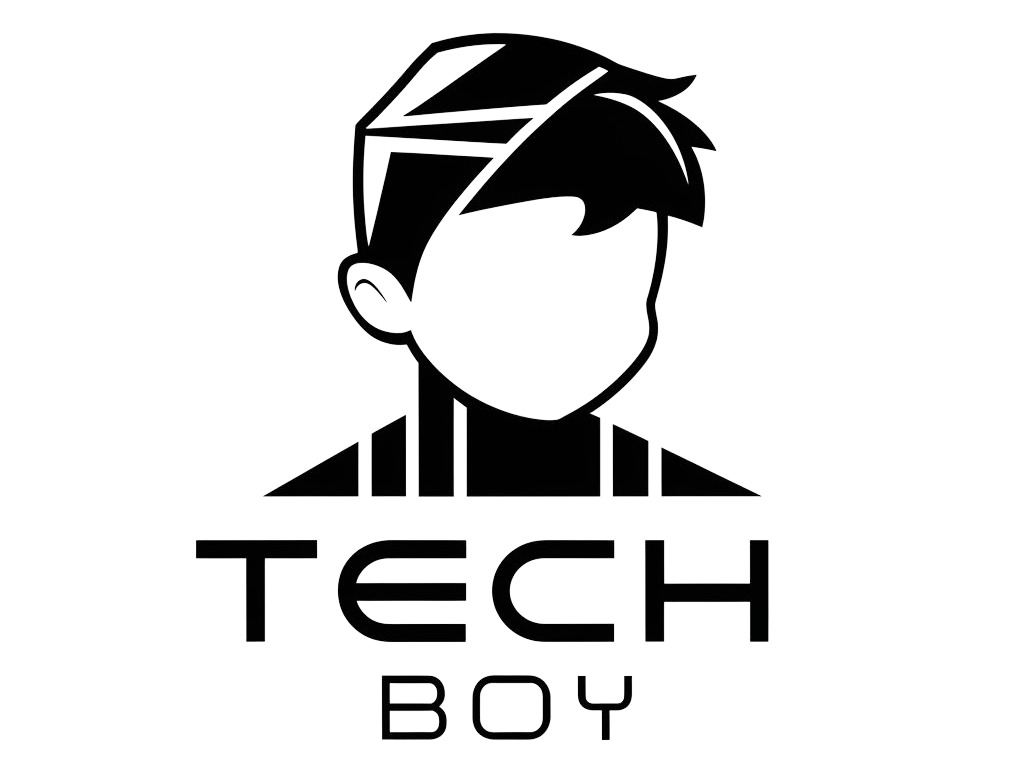Microsoft revamps M365 Copilot chatbot with Pages shared ‘canvas’
Microsoft has added a new collaborative document tool to the Microsoft 365 Copilot chatbot that lets users store and share information created by the generative AI (genAI) assistant. It’s one of several M365 Copilot features announced Monday, including new Copilot features in apps such as Teams, Outlook, and Excel.
Microsoft describes Copilot Pages as a “dynamic, persistent canvas” accessible within Copilot’s Business Chat conversational interace.
With Pages, users can paste Copilot responses into a collaborative document that can be accessed and edited by coworkers. The document can be shared as a link or embedded in another M365 document as a Loop component.
“Pages takes ephemeral AI-generated content and makes it durable, so you can edit it, add to it, and share it with others,” said Jared Spataro, Microsoft corporate vice president. “You and your team can work collaboratively in a page with Copilot, seeing everyone’s work in real time and iterating with Copilot like a partner, adding more content from your data, files, and the web to your Page.”
Copilot Pages will be available later this month for M365 Copilot customers and via the free-to-use Copilot, provided users are signed in with a Microsoft Entra account — Microsoft’s identity and access management system.
Microsoft also announced updates to Copilot in various M365 apps, including the general availability of the M365 Copilot in Excel; it had been in beta since the M365 Copilot launch last November. Updates in Excel include the ability for the assistant to access data that hasn’t been formatted in a table; support for additional formulas, such as XLOOKUP and SUMIF; and the ability to work with text as well as numerical data.
It’s also possible to perform data analysis using Python in Copilot (a feature now in public preview).
“Now, anyone can work with Copilot to conduct advanced analysis like forecasting, risk analysis, machine learning, and visualizing complex data — all using natural language, no coding required. It’s like adding a skilled data analyst to the team,” said Spataro.
Copilot in Outlook can now help users prioritize emails.
Microsoft
In Outlook, the “Prioritize my inbox” feature highlights emails the Copilot considers to be of interest to a user, along with a summary of the email’s content. Users will be able to tell the Copilot which topics, people, and keywords are most important to them when the feature is available in public preview later this year.
In PowerPoint, a Copilot update lets users create presentations with an organization’s branded template andpull approved images stored in SharePoint Organization Asset Library.
A new feature coming to the Teams Copilot later this month allows the genAI assistant to provide information on meetings based on both video and text conversations, while Copilot in Word can now add in data kept in emails and meetings (in addition to searching web data and files such as Word and PDFs). For Copilot in OneDrive, users will be able to ask the AI assistant to compare up to five documents when the feature launches later this month.
Finally, Microsoft has announced general availability of Copilot agents, which lets users customize the tool to automatically carry out business processes.
Despite significant business interest in the possibilities of Copilot, many Microsoft 365 customers have yet to deploy the assistant widely across their organizations. A combination of data security concerns related to its use internally, as well as questions over the value it provides and the significant change management efforts required to implement the technology successfully, are all factors in the rollout pace.
The latest announcements improve the Copilot experience within apps such as Excel and PowerPoint and enhance the usefulness of the AI assistant, said Jason Wong, distinguished vice president analyst at Gartner.
He also pointed to the addition of Copilot Pages and the Team Copilot announced in May, both of which open the AI assistant to collaborative uses in addition to individual productivity. Copilot agents can provide “role-based and domain specific knowledge to be accessed through Copilot,” he said.
“Some Gartner clients are inquiring about Copilot Studio and how to extend generative AI to curated knowledge bases, but most are looking for something even simpler like the Copilot in SharePoint experience, which is currently in preview,” said Wong.
“However, it remains to be seen if all these new capabilities can drive the sticky adoption that Microsoft wants, since there’s already a lot of change fatigue in the workforce brought on by new generative AI features from many vendors and products.”







